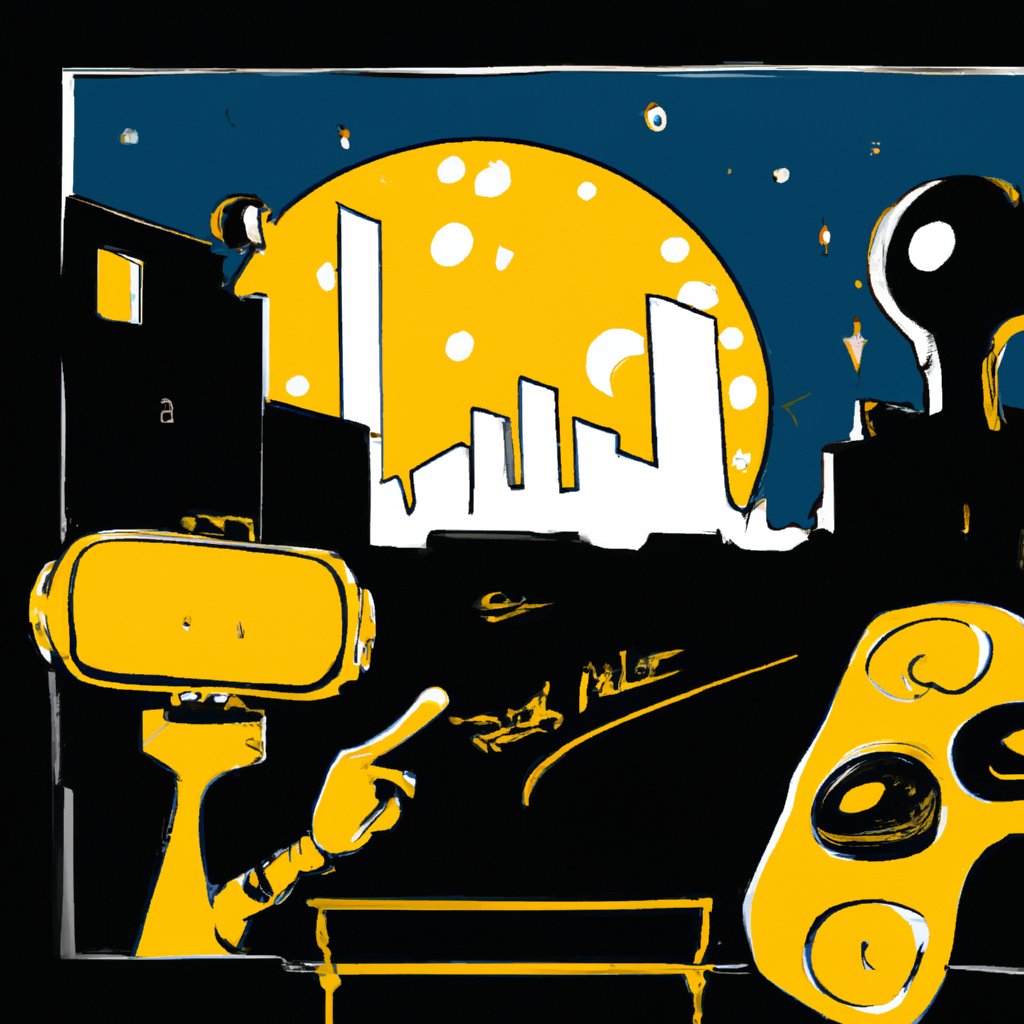 by David Scribbins, September 2015
by David Scribbins, September 2015
If we can start with Disney Pixar (I promise this links to smart watches, just bear with me). I am a fan. Who isn’t? These films appeal to everyone. Visually stunning, testament to a unique vision and a huge amount of very smart tech and techies (not-so-incidentally brought to you by the man who started the Apple revolution). Full of multi layered comedy, solid plot lines and great characters. Characters that promote, whole-heartedly, the very human qualities I fear are perhaps being lost to smart technology. Woody and Buzz overcome adversity to become best friends; Sully and Mike discover laughter is stronger than fear; Mr Incredible realises family is so much more than fame. And if you’ve never seen the first 10 minutes of Up, open a new tab, go to Netflix and watch it.
In a restaurant last week I saw a family of four. Two kids sat with faces two inches from an iPad, and both parents perusing iPhones. Hmmm… whilst I’m not saying this happens in every family (maybe the parents were just happy for 5 minutes peace), it’s certainly food for thought. How long until it is just the norm? It certainly does not sound like a good Disney film.

The crux of my musings lies in my number one Pixar film, Wall-E. Underneath the simple love story and hilarious antics of an eccentric robot (who shows more human qualities than the human characters) there is a warning about the dangers of technology, in the form of the all-controlling, all-powerful corporation, that has been manipulating everyone to sell its own wares, until they completely and utterly rely on it.
Of course technology has a place in the future. So many genuinely wondrous things have been, and are still being, achieved through technology, in the fields of medicine, space flight and green enterprises. But I believe the entirely profit driven commercialisation and commoditisation of the smart-watch is not one of them. Anyone who disagrees could do with a touch more cynicism. This is the entire reason for a smart watch. It’s just a new gadget, a USP to drive profit in a saturated market. Do I need it? No. My phone is in my pocket, I’ll use that.
Think about bridges. Now that’s smart tech. Problem: I need to get myself across that river without drowning. Solution: build a bridge. I can’t help but think that what Apple and Samsung have done with the smart watch is dug a trench, filled it water and said, oh! You need a bridge!? It just so happens….
Clever from a business perspective, but before you know it you’re paying to solve a problem that isn’t really a problem.

Where, really, is the benefit of everyone being connected via a tiny screen on their wrist? God forbid we go and visit people anymore. Talk?…pffft, I’ll just tap out a few letters on my wrist. And the cheaper and more widely available this tech becomes, the more the world will continue to utilise its efficiencies – to the point where we rely on it…in what way is Apple/Samsung then any different to the drug dealers of the world? I mean, we now all truly rely on the internet to get through our lives. Although the magnificence of the internet is that it’s a service for all, not owned by anyone. This should be the same with the gadgets we will – and we will – ultimately grow to rely on, but sadly this isn’t so. The price tag of first gen smart tech is testament to this.
Does nobody else find it disturbing that a fridge could order my food? What if today I wanted Cheddar but tomorrow I wanted Red Leicester? Will supermarkets cease to exist because fridges are doing the groceries? I’ve given my freedom of choice to a machine! Google recently got blasted for putting results for its own businesses above those of others. If I bought a Google fridge, would it only buy me Google food? The fact is, the people who make this stuff are driven by profit profit profit, and how can I make more?!

It’s a scary fact that the richest 1% now own more than 50% of the world’s wealth. While we all preach and discuss the awesomeness of expensive gadgetry with questionable face-value, I have to ask, who is really winning? What is its purpose? Think of all the wealth that could be better spent, which in reality is just beefing up the quarterly statements of the chosen few, for very little face value.
I spent my youth running around in forests, falling out of trees, and rescuing footballs from ponds. The smartest tech I had being a stick I used to cut the nettles down. I had no need for smart watches and I turned out ok (I think). In fact my childhood was all the richer for it.
Just to keep it pop culture, I leave you with a quote from Dr Ian Malcolm of Jurassic Park:
“Your scientists were so preoccupied with whether or not they could, that they didn’t stop to think if they should.”
So hey, smart watches are cool, and I could buy one. I’m just not sure if I should…thanks Dr Malcolm.





